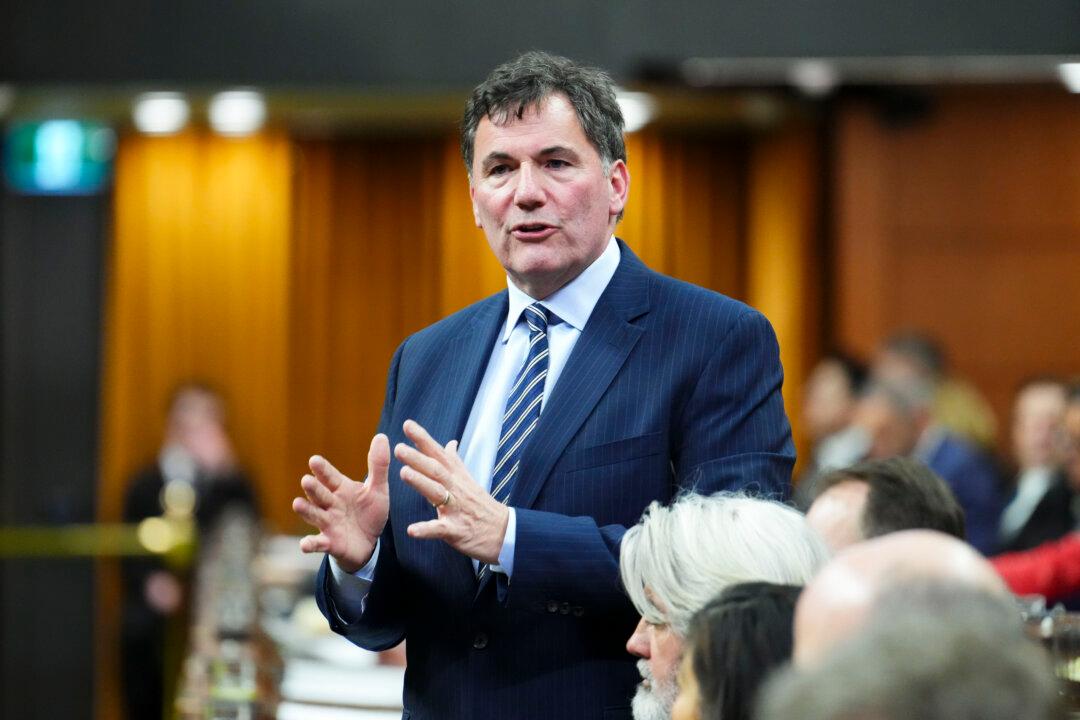Commentary
The federal government’s awkward and at times ham-fisted efforts to regulate how Canadian citizens communicate on the internet are poised to move to the next level with the unveiling of its long-promised Online Harms Act.

The federal government’s awkward and at times ham-fisted efforts to regulate how Canadian citizens communicate on the internet are poised to move to the next level with the unveiling of its long-promised Online Harms Act.